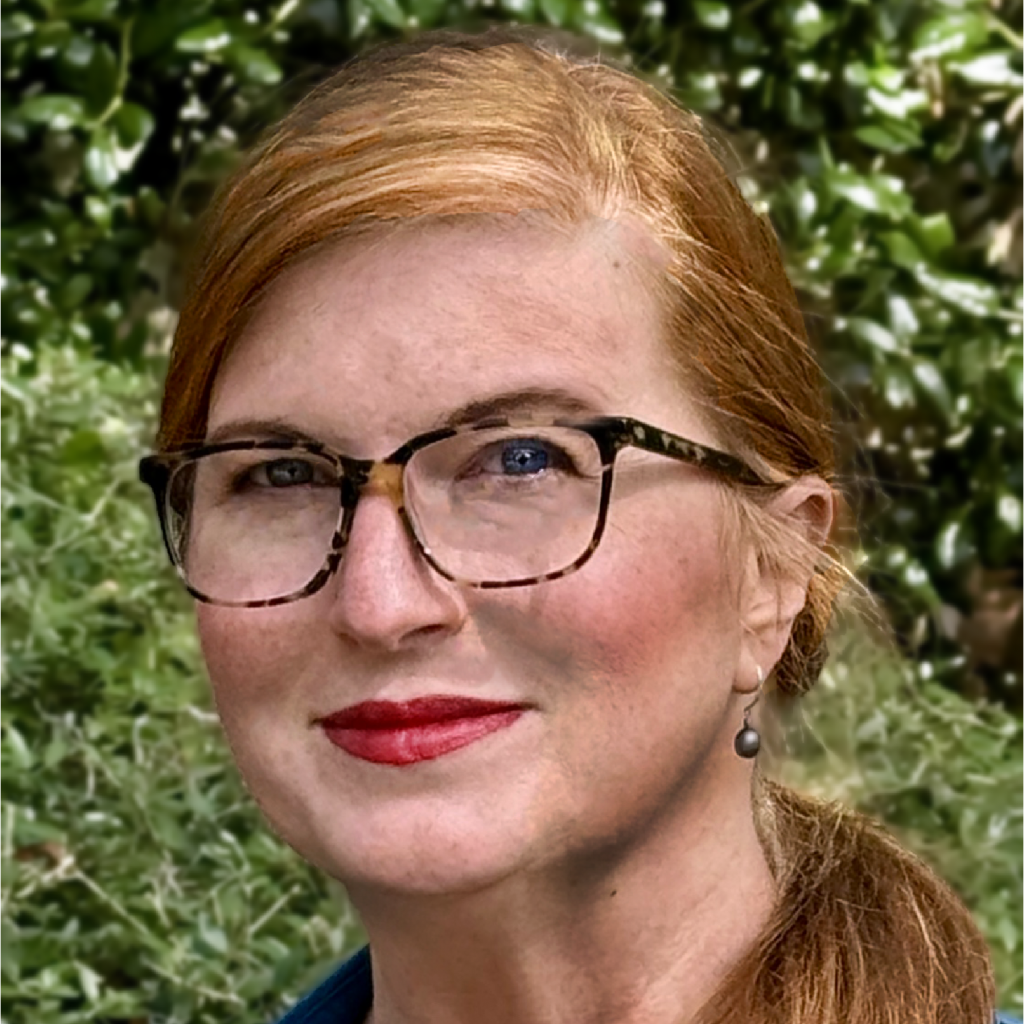Lisa Sundahl Platt
Lisa Sundahl Platt, Ph.D., M.S., CSSBB, EDAC, LEED AP BD+C
Assistant Professor
Dr. Sundahl Platt leads the Design Dynamics Lab at the Florida Institute for Built Environment Resilience (FIBER), where she and her team develop innovative, human-centered strategies to mitigate health hazards through intelligent building systems and design. Her research leverages artificial intelligence and computational design to forecast scenario outcomes and investigate how living environments influence community health and well-being. Central to her work is a holistic “5S” interior resilience planning framework, which emphasizes design that fosters safety, support, sustainability, symbiosis, and salutogenesis, creating interior environments that nurture both people and the planet.
Research Areas
Resilient Design for Health and Well-being; Sustainable Materials for Environmental Adaptive Response; Computational Design Thinking
Research Lab
Research Patents Pending
Funded Research
- SAMPL for Interior Environment Resilience: Sustainable Adaptive Material Practicum Lab (SAMPL) Program Guide and Logic Model Development
- Enhancing Florida’s Built Environment Resilience: A Comprehensive Approach to Hazard Mitigation and Insurance Stability
- Sustainable & Supportive Housing for Salutogenic Health: Regenerative Residential Design as a Catalyst for Community Well-Being
Selected Publications
- Platt, L. S., & Zeinali, A. (2025). Modeling the Dynamic Outcomes of Infection Prevention Behaviors in an ICU Environment. HERD: Health Environments Research & Design Journal, 19375867251317234.
- Zeinali Kalkhoran, A., Platt, L. S., Iovine, N., Brown, S., & Pollitt, B. (2024). An agent-based modeling approach for infection prevention predesign simulating the spread of pathogens between humans and the environment in an Intensive Care Unit. Architectural Engineering and Design Management, 1–22. https://doi.org/10.1080/17452007.2024.2397597
- Platt, L. S., & Mahmoudi, A. (2024). Evaluating Climate and Community Health Care Infection Risks through Computational Predesign. Technology | Architecture + Design, 8(1), 70–82. https://doi.org/10.1080/24751448.2024.2313443
- Platt, L. S., & Chen, X. (2023). A computational approach to estimating healthcare contact surface material resilience. HERD: Health Environments Research & Design Journal, 16(2), 268-283.
Related Websites
- ORCID Profile
- Google Scholar Profile
- How UF researchers are helping Floridians to build resilience
- UF builds community resilience in Jacksonville’s Historic Eastside neighborhood
- Sustainable Adaptive Material Practicum Lab (SAMPL)
- UF Innovate Sustainable Adaptive Material Practicum Lab (SAMPL)
- TECH Tuesday Infection Prevention through Design and AI
Selected Presentations
- “Can Home Design Enhance our Health Resilience?” TEDx UF 2025
- Southeast Energy Efficiency Alliance (SEEA) Annual Member Meeting Keynote Speaker “Energy Efficiency: Increasing the Triple Bottom Line.” Jacksonville, FL 2025
- Regenerative Sustainability as a Catalyst for Community Salutogenic Health. Association of Collegiate Schools of Architecture (ACSA) and the American Institute of Architects (AIA) Intersections Conference Austin, TX 2025
- Developing a Sustainable Adaptive Material Practical Learning System for Quantifying Interior Material Environmental Impact. Environmental Design Research Association (EDRA) 55 Conference. Portland OR 2024
- SAMPL: The Development of a Sustainable Adaptive Material Practicum Lab for Interior Design Pedagogy and Research. Interior Design Educators Conference (IDEC) New York, NY 2024
